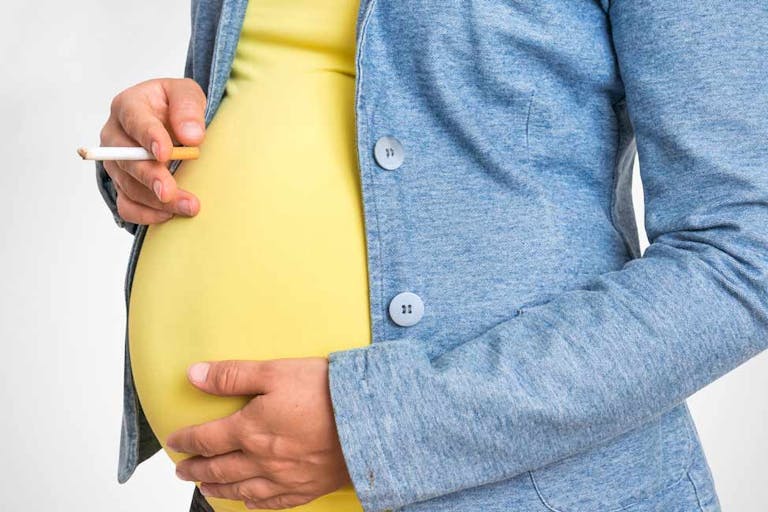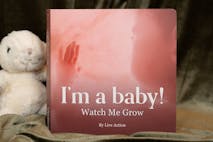
Research shows Catholic support for IVF declines once Church teaching is understood
Angeline Tan
·
Human Rights·By Nancy Flanders
Drug use during pregnancy not child abuse, says Pennsylvania Supreme Court
Pennsylvania’s highest court ruled on Friday that the use of illegal drugs during pregnancy is not child abuse. The mothers, the court said, cannot be considered abusive towards their newly born children under the state’s child protection law because the law’s definition of a child doesn’t include fetuses.
Justice Christine Donahue wrote in the majority opinion, “We concluded, based on the relevant statutory language, that a mother cannot be found to be a perpetrator of child abuse against her newly born child for drug use while pregnant.”
She went on to explain that this is because “a person cannot have committed child abuse unless he or she was a perpetrator, and a person cannot be a perpetrator unless there is a ‘child’ at the time of the act.”
Simply put, they claim a fetus is not legally a child, so any harm done to the fetus in utero by their mother’s drug use cannot be labeled as child abuse.
READ: Pro-abortion counselor sees link between abortion and substance abuse

According to the Guttmacher Institute, 23 states and the District of Columbia consider drug use during pregnancy to be child abuse. Three states consider it grounds for civil commitment – detention in a noncriminal setting. Twenty-four states and the District of Columbia require health care professionals to report suspected cases of drug use during pregnancy and eight states require that health care professionals test the suspected women for drug use.
Article continues below
Dear Reader,
In 2026, Live Action is heading straight where the battle is fiercest: college campuses.
We have a bold initiative to establish 100 Live Action campus chapters within the next year, and your partnership will make it a success!
Your support today will help train and equip young leaders, bring Live Action’s educational content into academic environments, host on-campus events and debates, and empower students to challenge the pro-abortion status quo with truth and compassion.
Invest in pro-life grassroots outreach and cultural formation with your DOUBLED year-end gift!
When women are found to be using drugs during pregnancy, 19 states have drug treatment programs available to them and 17 states and the District of Columbia provide access to state-funded drug treatment programs. These programs help women and children have a fighting chance and may help keep babies with their mothers. About 92,000 children were removed from their homes in 2016 because of parental drug abuse.
READ: Logic Fail: Kill the baby to “save” it from abuse
The effects of drug use on a preborn child can begin to be seen within hours or days of birth, such as tremors, convulsions, vomiting, diarrhea, dehydration, jitteriness, fevers, and a high-pitched cry. Long-term effects include delayed development, intellectual disability, kidney defects, heart problems, difficulties with speech and movement, and behavioral disorders.
The case that led to this ruling involves a newborn who spent 19 days in the hospital after she “suffered bodily injury after birth” due to extreme drug withdrawal symptoms. David Cohen, a lawyer representing the mother of this child, called the ruling a victory for women’s and children’s rights.
“There are many states that have decided by statute to label this type of behavior child abuse, but the majority do not,” he said. The mother, in this case, does not currently have custody of her child.
Live Action News is pro-life news and commentary from a pro-life perspective.
Contact editor@liveaction.org for questions, corrections, or if you are seeking permission to reprint any Live Action News content.
Guest Articles: To submit a guest article to Live Action News, email editor@liveaction.org with an attached Word document of 800-1000 words. Please also attach any photos relevant to your submission if applicable. If your submission is accepted for publication, you will be notified within three weeks. Guest articles are not compensated (see our Open License Agreement). Thank you for your interest in Live Action News!

Angeline Tan
·
Human Rights
Angeline Tan
·
Human Rights
Bridget Sielicki
·
Human Rights
Carole Novielli
·
International
Angeline Tan
·
Human Rights
Nancy Flanders
·
Human Interest
Nancy Flanders
·
Politics
Nancy Flanders
·
Human Interest
Nancy Flanders
·
Politics
Nancy Flanders
·
Human Interest
Nancy Flanders
·